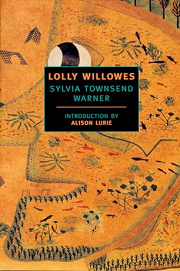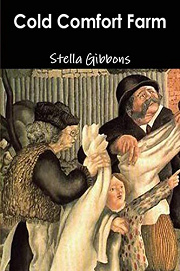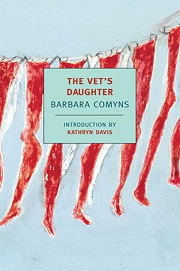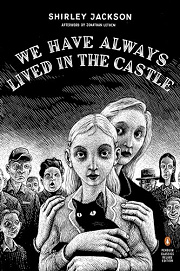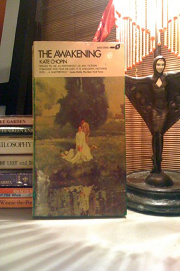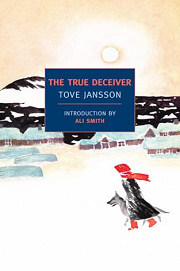Share your thoughts in a quick Shelf Talk!
Lolly Willowes by Sylvia Townsend Warner
Tethered by family expectations and London’s dreary routines, a quiet woman discovers a fierce independence in the countryside—along with a whisper of something uncanny. Dryly funny and gently subversive, Lolly Willowes is a bewitching ode to choosing one’s own life, no matter who disapproves.
Have you read this book? Share what you liked (or didn’t), and we’ll use your answers to recommend your next favorite read!
Love Lolly Willowes but not sure what to read next?
These picks are popular with readers who enjoyed this book. Complete a quick Shelf Talk to get recommendations made just for you! Warning: possible spoilers for Lolly Willowes below.
In Lolly Willowes, did you enjoy ...
... the sly, countryside satire of a woman escaping suffocating relatives?
Cold Comfort Farm by Stella Gibbons
If you delighted in how Laura “Lolly” slips free of Henry and Caroline to make her own life in Great Mop—and in the devil’s dry, teasing visit near the end—you’ll relish Flora Poste’s brisk invasion of the ramshackle Starkadder farm. Aunt Ada Doom’s refrain about having “seen something nasty in the woodshed,” the brooding cousins, and Flora’s no‑nonsense reordering of rural melodrama skewer the same oppressive domestic expectations that Lolly flees, with a similarly tart wit.
... quiet, uncanny magic slipping into an ordinary English life?
The Vet's Daughter by Barbara Comyns
If the moment Laura senses the hedgerows welcoming her to Great Mop—and her unceremonious pact with Mr. Jones—thrilled you, Comyns’s tale of Alice Rowlands will hit the same eerie note. Alice’s strange gift of levitation intrudes without rules or explanation, much as Lolly’s witchcraft does, and her struggle against an oppressive father echoes Lolly’s break from family claims. The matter‑of‑fact tone makes the climactic floating scene as disquietingly plausible as Laura’s nighttime gatherings in the fields.
... a claustrophobic village focus on two isolated women?
We Have Always Lived in the Castle by Shirley Jackson
If you were drawn to the intimate scale of Laura’s life in Great Mop—the gossiping neighbors, the lanes and hedges that become a private realm—you’ll be captivated by Merricat and Constance Blackwood’s fiercely contained world. The wary rituals, the villagers’ sing‑song taunts, and the tense arrival of cousin Charles mirror the pressure Lolly felt from Titus’s meddling, but with Jackson’s darkly playful edge that recalls Lolly’s sly humor in fending off society’s claims.
... a woman’s quiet, defiant reclamation of self against social expectations?
The Awakening by Kate Chopin
If Laura’s refusal to be reclaimed by her nephew Titus—and her decision to seal her independence through that unforgettable conversation with the Devil—resonated, Edna Pontellier’s journey will, too. Away from the parlor rooms of New Orleans to the sea at Grand Isle, Edna tests the limits of selfhood with the same understated resolve Lolly shows when she trades London drawing rooms for Great Mop’s fields, choosing a life that belongs to her alone.
... formidable, self‑possessed women reshaping their lives in a small village?
The True Deceiver by Tove Jansson
If you admired how Lolly asserts herself—slipping out from under Henry and Caroline’s plans, ignoring Titus’s possessiveness, and claiming solitude as strength—you’ll be riveted by Katri Kling’s calculated entry into painter Anna Aemelin’s life. Their winterbound village, tense companionship, and shifting power dynamics echo Laura’s cool determination to decide her fate, without recourse to grand drama—only clear‑eyed choices and a quietly indomitable will.
Unlock your personalized book recommendations! Just take a quick Shelf Talk for Lolly Willowes by Sylvia Townsend Warner. It’s only a few questions and takes less than a minute.
